According to the National Assembly 's Resolution on the state budget estimate, in 2025, pensions, social insurance benefits, monthly allowances, and preferential allowances for people with meritorious services will not increase.
However, according to Article 67, the Social Insurance Law 2024, effective from July 1, 2025, stipulates pension adjustment based on the increase in the consumer price index in accordance with the capacity of the state budget and the Social Insurance Fund.
Adjusting the pension increase appropriately for those with low pensions and those who retired before 1995 aims to narrow the pension gap between retirees in different periods. The Government stipulates the time, subjects, and pension adjustment levels in Decree No. 75/2024.
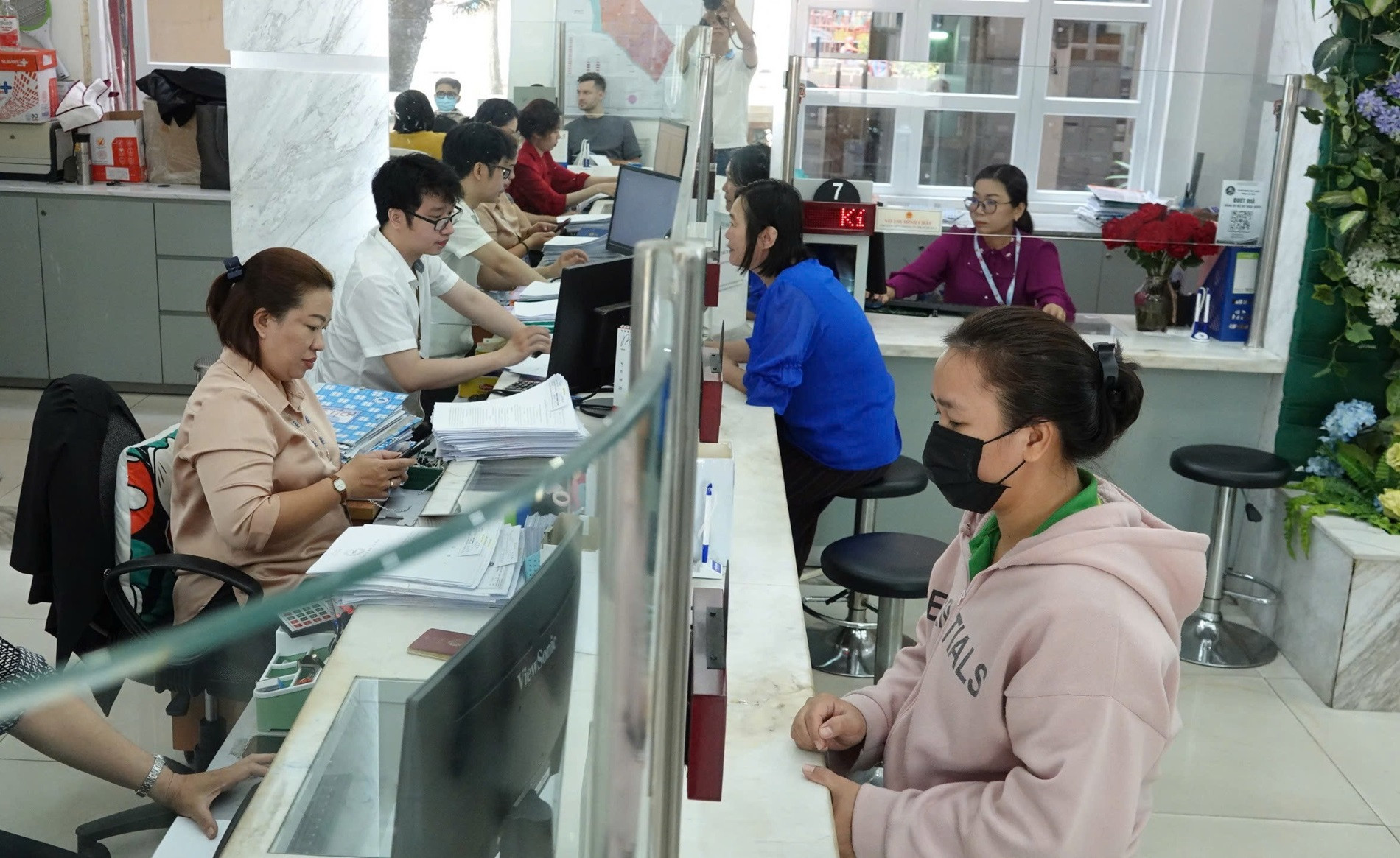
Based on the above, some subjects will continue to have their pensions adjusted according to the provisions of Decree No. 75/2024 with 2 levels:
The first level is a 15% increase in pension: From July 1, 2024, an additional 15% increase will be made on pension, social insurance benefits and monthly allowances for June 2024.
There are 9 groups of subjects that are entitled to increased pensions: Cadres, civil servants, workers, public employees and laborers (including those who have participated in voluntary social insurance, retirees transferred from the Nghe An Farmers' Social Insurance Fund according to Decision No. 41 of the Prime Minister); soldiers, people's police and workers doing key work who are receiving monthly pensions; commune, ward and town cadres.
People who are receiving monthly allowances for loss of working capacity according to the provisions of law; people who are receiving monthly allowances according to Decision No. 91/2000, Decision No. 613 of the Prime Minister; rubber workers who are receiving monthly allowances according to Decision No. 206-CP dated May 30, 1979 of the Government Council on policies for newly liberated workers who do heavy work that is harmful to their health and now have to quit their jobs due to old age.
Commune, ward and town officials are receiving monthly allowances according to Decision No. 130 of the Government Council supplementing policies and treatment regimes for commune officials.
Soldiers are receiving monthly allowances according to Decision No. 142 of the Prime Minister on implementing the regime for soldiers participating in the resistance war against the US to save the country with less than 20 years of service in the army who have been demobilized and returned to their localities.
The People's Public Security is receiving monthly allowances according to Decision No. 53/2010 of the Prime Minister regulating the regime for People's Public Security officers and soldiers who participated in the resistance war against the US with less than 20 years of service in the People's Public Security who have quit their jobs and returned to their localities.
Soldiers, people's police, and people working in secretarial work receive salaries similar to those of soldiers and people's police who are receiving monthly allowances according to Decision No. 62/2011 of the Prime Minister on regimes and policies for those who participated in the war to protect the Fatherland, performed international missions in Cambodia, and helped Laos after April 30, 1975 and have been demobilized, discharged, or quit their jobs.
People receiving monthly occupational accident and disease benefits.
People receiving monthly death benefits before January 1, 1995.
The second level is to adjust the pension increase for subjects that have increased by 15%: Those who are receiving pension, social insurance benefits, monthly benefits, after adjusting the pension increase but the benefit level is lower than 3.5 million VND/month, will be adjusted to increase further:
Increase by 300,000 VND/person/month for those with a benefit level below 3.2 million VND/person/month;
Increase to 3.5 million VND/person/month for those with benefits from 3.2 to under 3.5 million VND/person/month.
According to wage and labor experts, those who retired before 1995 have low pensions compared to the general level. Therefore, the State's continued increase in pensions for them has demonstrated preferential policies for those who have worked and contributed in the state sector in the previous period.
Source: https://vietnamnet.vn/chinh-sach-luong-huu-2025-nguoi-lao-dong-can-biet-2358664.html






![[Photo] President Luong Cuong attends the 50th Anniversary of Laos National Day](/_next/image?url=https%3A%2F%2Fvphoto.vietnam.vn%2Fthumb%2F1200x675%2Fvietnam%2Fresource%2FIMAGE%2F2025%2F11%2F27%2F1764225638930_ndo_br_1-jpg.webp&w=3840&q=75)
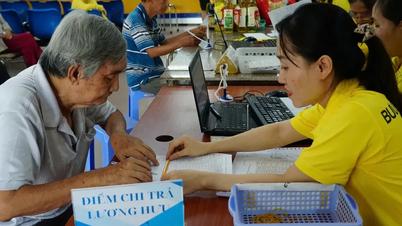

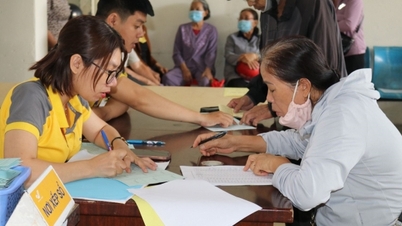

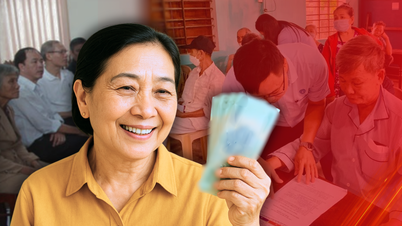





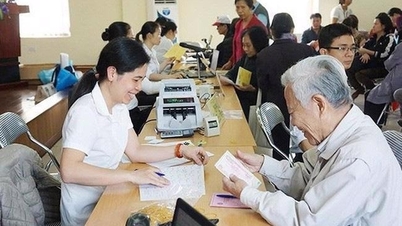
















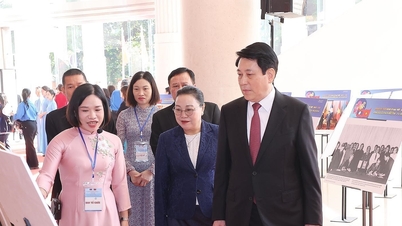

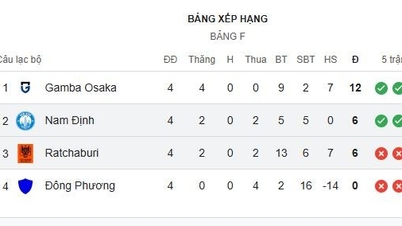



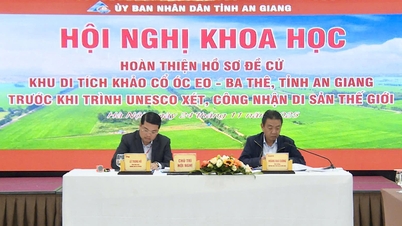



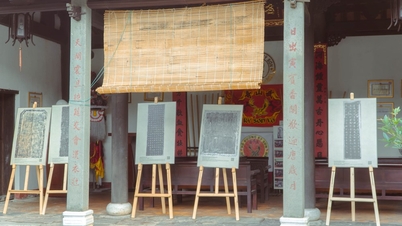
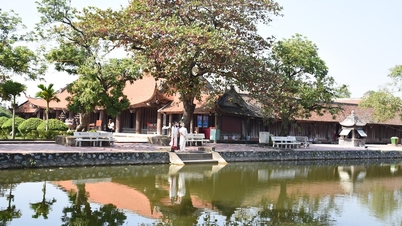





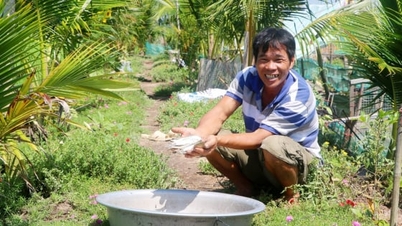








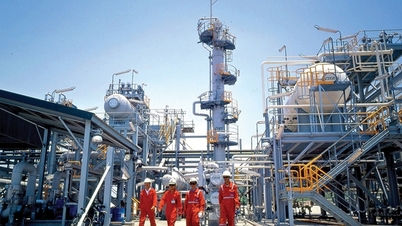












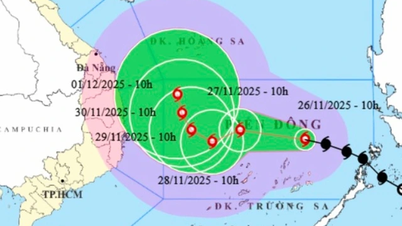
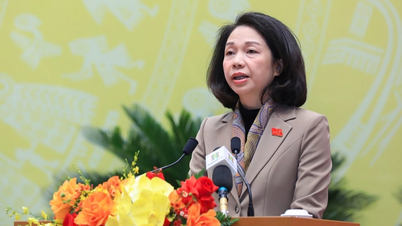

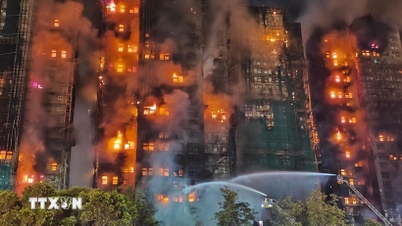

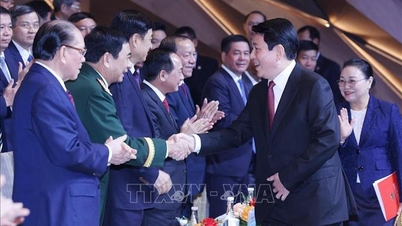


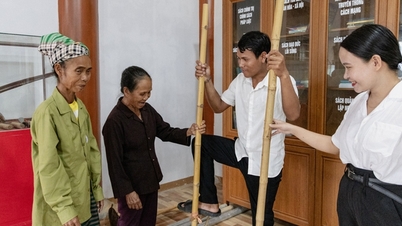

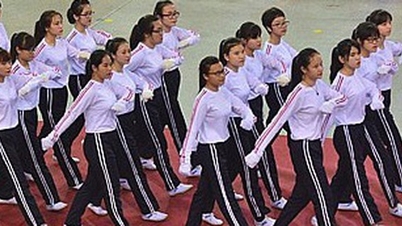
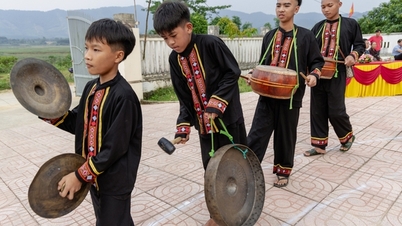


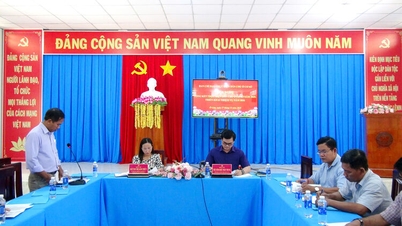

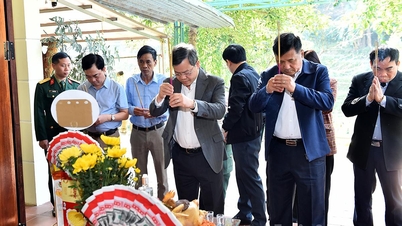

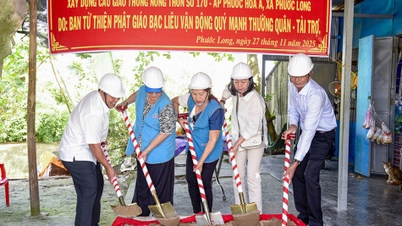
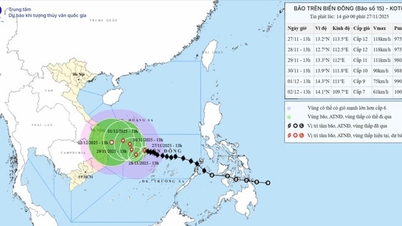

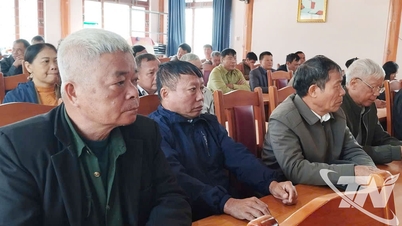

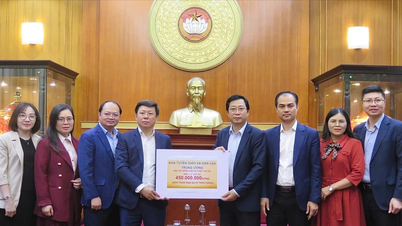













Comment (0)